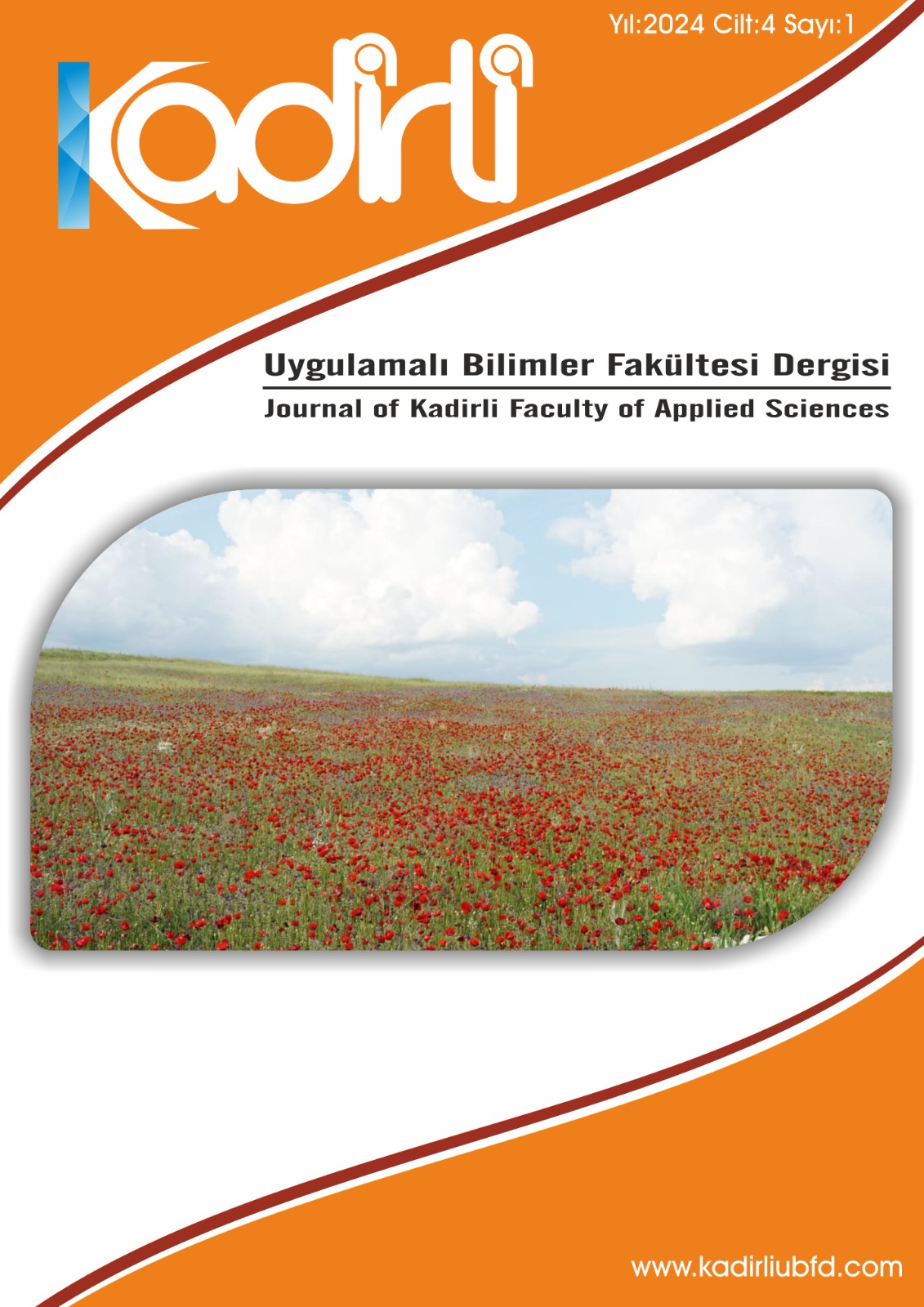Examination of Race Oriented Nutritional Behaviors of Turkish
Keywords:
Cyclist, Nutrition strategy, Nutrition behaviour, Race strategy, Sports nutritionAbstract
The aim of the study is to determine the nutritional strategies and post-competition recovery methods applied by Turkish cyclists competing at the international level before, during and after the competition week. A total of 32 athletes, 19 men and 13 women, participated in the research. “Athlete Nutrition Form” was applied to determine nutritional habits and recovery methods. According to the research findings; that athletes have three regular meals; there is a significant difference between those who take their meals regularly and those who do not (P=0.034); 59% of the athletes did not skip meals; It was determined that 71.9% of the athletes took at least one snack in addition to the main meal. On the morning of the competition, 53.1% of the cyclists ate mainly carbohydrates (n=17), 6.3% protein (n=2), and 40.6% mixed diet (n=13); It was determined that 37.5% of the athletes consumed banana (n=12), 50% energy gel (n=16) and 6.3% energy bar (n=2) during the race. It has been revealed that cyclists consume beverages within an average of 48 minutes (±41) and food within an average of 78.5 minutes (±48.6) after the race, and apply different nutritional strategies within 10 minutes of the end of the race. Before the competition, 53.1% of the athletes had a carbohydrate diet (n=17), 18.8% a protein (n=9), 28.1% a mixed diet (n=6); after the race, it was determined that 40.6% of the cyclists had a carbohydrate, 28.1% a mixed and 18.8% a protein-based diet. It has been determined that among these macronutrients consumed after the race, the average of carbohydrates is 241.9 g (±192.9), protein is 46.0 g (±29.1), and fat is 13.3 g (±7). As a result, it has been determined that well-trained male and female cyclists have a carbohydrate-based diet on the morning of the competition, the main meal after the race and the meal 3 hours after the race, they have a mixed diet one day after the competition. It is thought that the results will be beneficial for athletes who want to do this sport at a high level and for sports workers such as trainers and dietitians who want to gain nutritional information.
Downloads
Published
How to Cite
Issue
Section
License
Copyright (c) 2024 Kadirli Uygulamalı Bilimler Fakültesi Dergisi

This work is licensed under a Creative Commons Attribution-NonCommercial-ShareAlike 4.0 International License.





